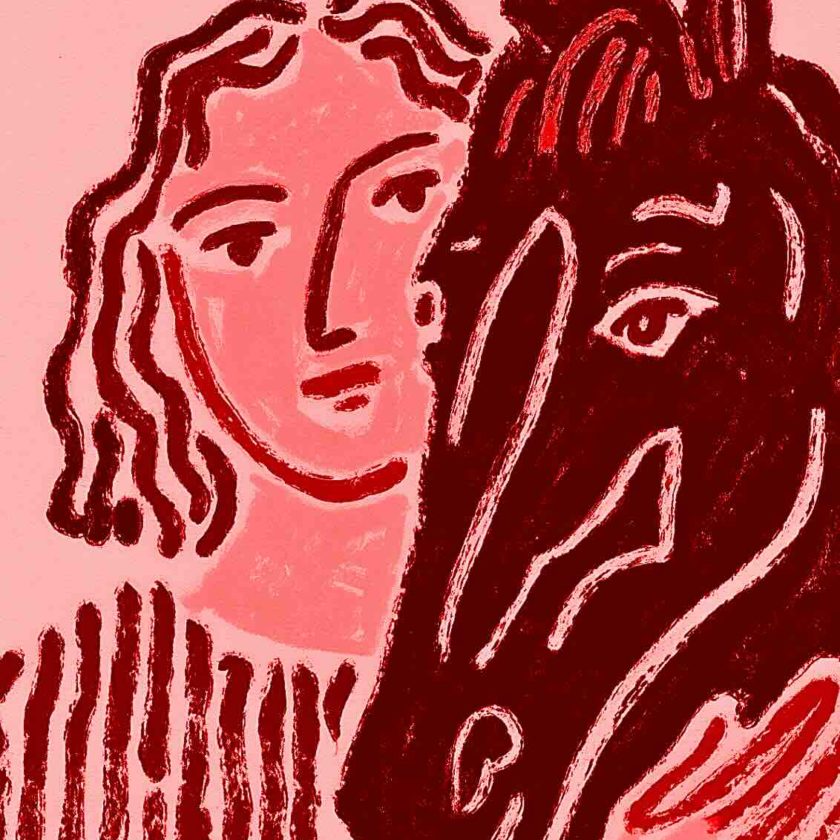The greatest reward a man gets for his labour is not what he has gotten out of it, but what it has turned him into. John Ruskin
John Ruskin, born 8 February 1819 in Bloomsbury, London, died 20 January 1900 in Coniston (Cumbria), was a British writer, poet, painter and art critic.
What did the author wish to tell us with this sentence? Its meaning is quite clear, the real reward for work is not what we earn but what we become. There is a transformative dimension to work. It improves our skills, our character and our soul. In contrast, the absence of work is accompanied by the evils of laziness or softness, leading to a certain stagnation. This idea is in itself quite Christian since laziness or sloth (which is spiritual laziness) is part of one of the deadly sins. It is therefore necessary, in a way, to have a disinterested relationship with one’s work, i.e. not to be attached to its fruits, but rather to make a constant effort.
Work often keeps away pessimism and many other vices. The greatest virtue of labour is that it is its own reward. Of course, work can be suffering, especially when it is meaningless or far removed from our values.
There are different types of effort, we have to find a balance so as not to be saturated or empty. We can talk about physical, intellectual, emotional or spiritual work. Each effort corresponds to a dimension of our being that we must not neglect in order to be a complete person. Perhaps the problem in our society is that we focus too much on a certain type of work, which creates distress at certain levels of our lives. It can be said that a deficit in one of the dimensions of work leads to deprivation or even misery which can make us vulnerable or simply unhappy. Work contributes to our own transformation, but it must not be reduced to only one dimension of our person. A person is happy because he or she has succeeded in transforming and elevating himself or herself by making an effort on the physical, intellectual, emotional and spiritual levels.










